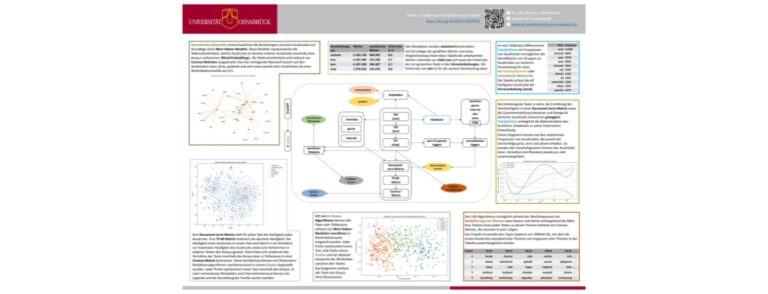
Das Projekt untersucht den öffentlich-schriftlichen Diskurs der Literaturvermittlung an höheren Schulen im 19. Jahrhundert für alle deutschen Staaten – außer
Short description of the project
The project aggregates information on digital projects and consortia that deal with non-Latin scripts in the broadest sense. The collected data is visualized and aims to provide insights into what is necessary to improve the conditions for working with NLS in the field of Digital Humanities. Additionally, the project serves as a knowledge base for researchers who want to get an overview of the state of the field. The project makes all research data, code, and workflows available in open access via GitHub. Das Projekt stellt alle Forschungsdaten, den Code und die Workflows im Open Access über GitHub zur Verfügung.
Project content
The project is BUA-funded and based at the Seminar for Semitic and Arabic Studies. It focuses on analyzing the status quo of digital Arabic studies in the German-speaking world, but increasingly also on non-Latin scripts in general and beyond the DACH region. The target audience is researchers in the DH field before and during the project phase and individuals working on the strategic development of the scientific enterprise. The project is led by Theodor Beers and Prof. Beatrice Gründler (FU Berlin) as project leader. The project is financially supported by the BUA in the area of "Advancing Research Quality and Value". Currently, the project is in its second funding phase until 06/2026.
ctg@geschkult.fu-berlin.de
Add your DH research project to the project showcase by submitting a short project description via the web form. Enter project data, a brief description, a graphic or visualization as well as a detailed description of the project content with technical assignment, addressees, added value, project managers, funding information and duration.

Das Projekt untersucht den öffentlich-schriftlichen Diskurs der Literaturvermittlung an höheren Schulen im 19. Jahrhundert für alle deutschen Staaten – außer
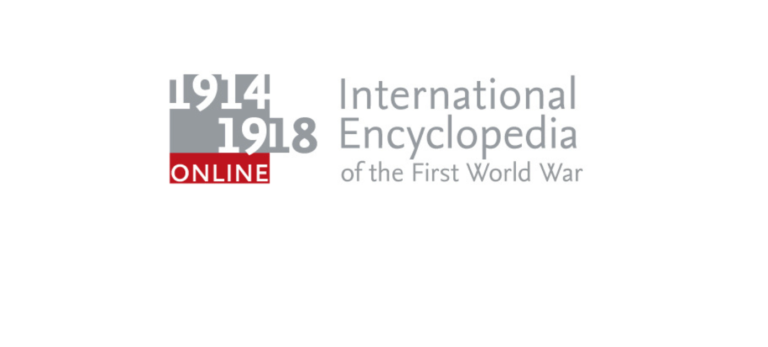
Das Zusammenwirken von über 1,200 Projektbeteiligten aus über 50 Ländern ermöglicht eine umfassende Darstellung der „Urkatastrophe des 20. Jahrhunderts“ in
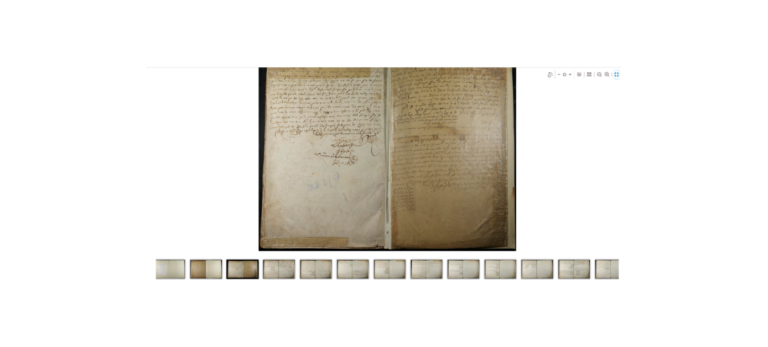
Die im aschkenasischen Europa und Norditalien verbreiteten Pinkasim – Protokollbücher jüdischer Gemeinden – sind zentrale Quellen zur Erforschung der jüdischen
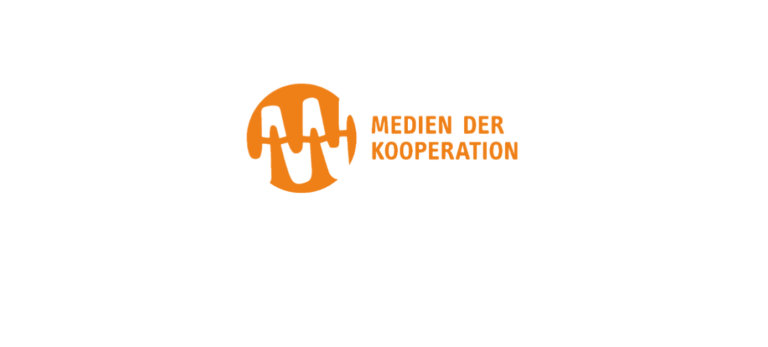
Im Zentrum steht die Erforschung digitaler, datenintensiver Medien, die sich auf breiter Front als kooperative Werkzeuge, Plattformen und Infrastrukturen herausgestellt
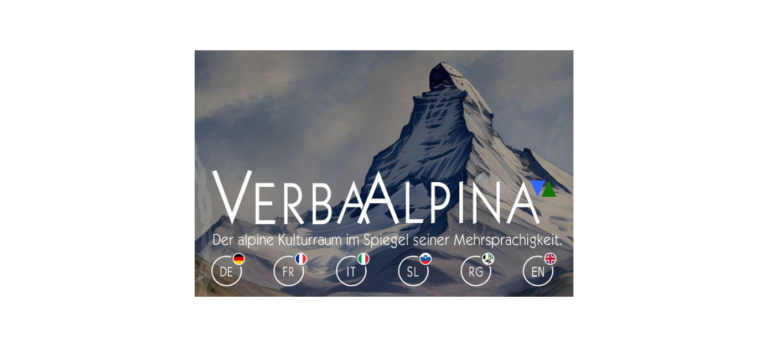
VerbaAlpina widmete sich der Dokumentation der dialektalen lexikalischen Variation im Alpenraum innerhalb regionstypischer Konzeptdomänen.
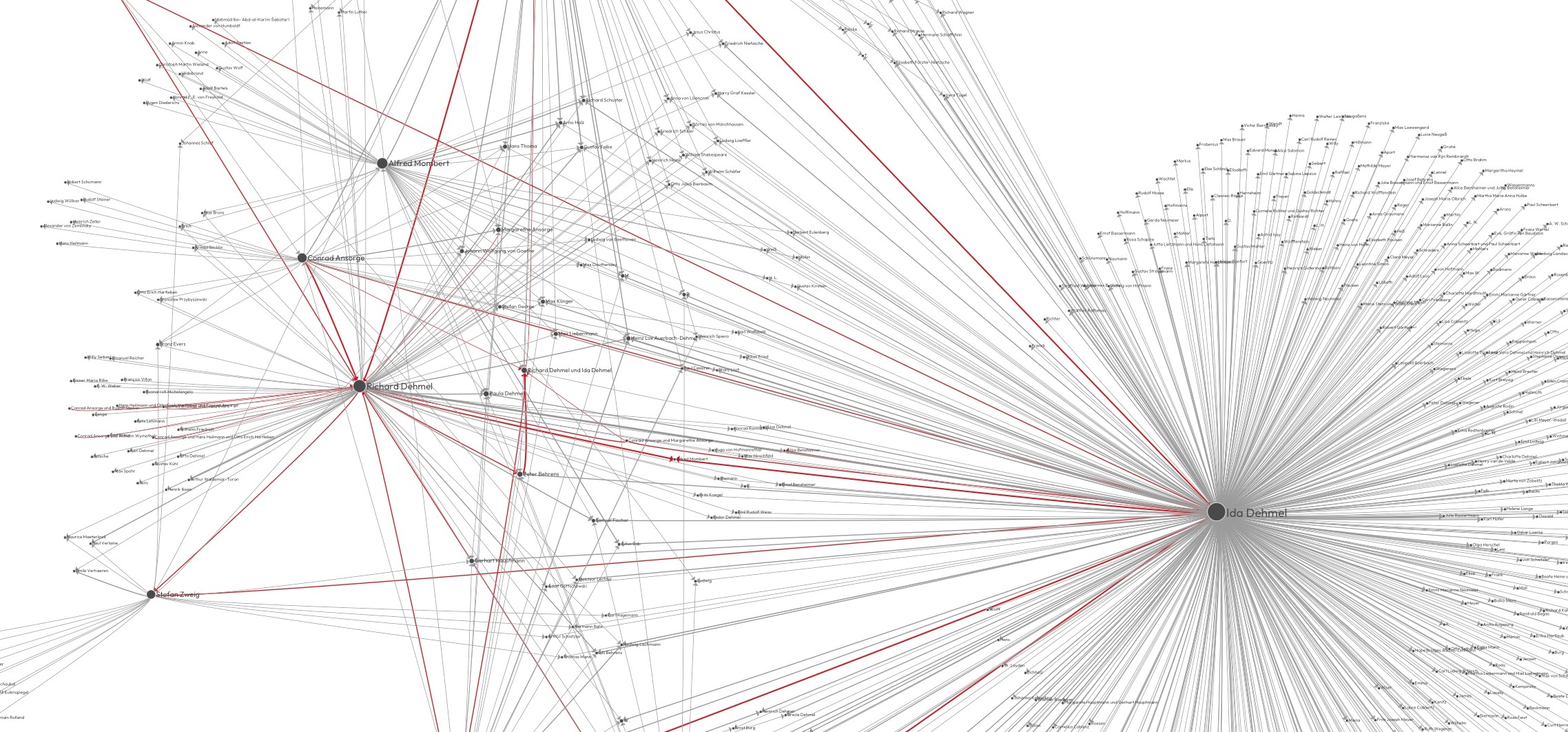
In Kooperation zwischen der Universität Hamburg und der Staats- und Universitätsbibliothek Hamburg werden die ca. 35.000 handschriftlichen Originalbriefe des Dehmel-Archivs
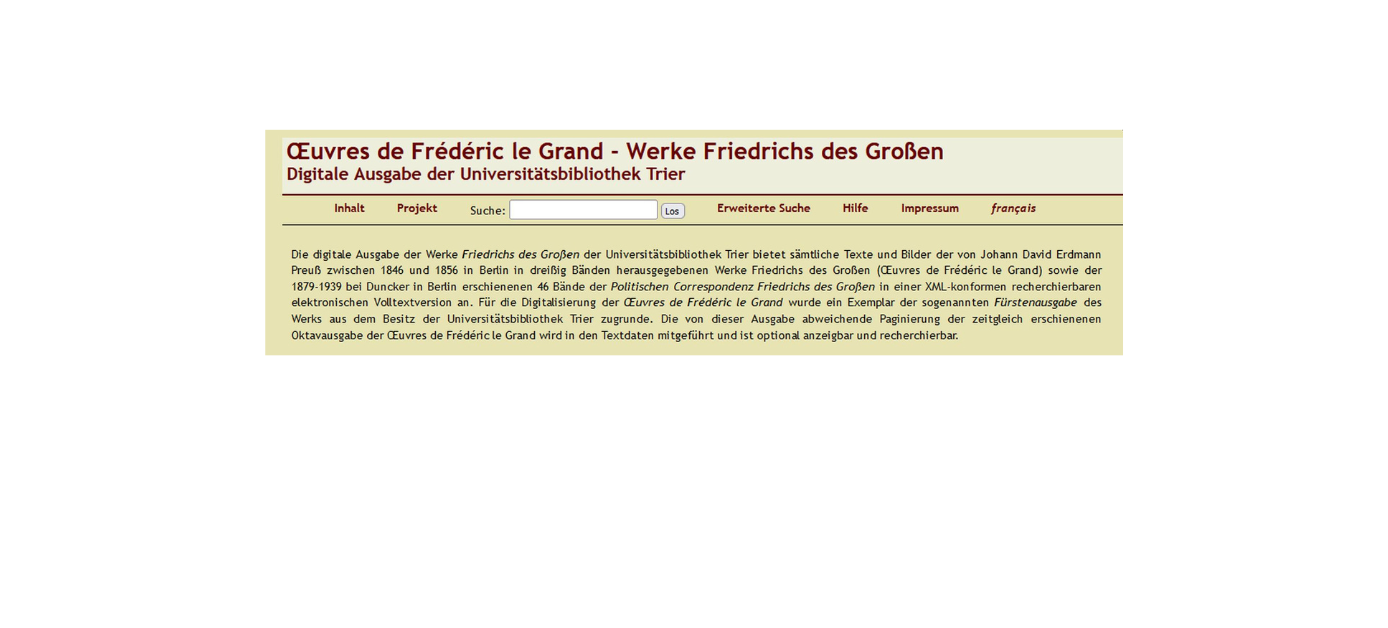
Die digitale Ausgabe der Werke Friedrichs des Großen der Universitätsbibliothek Trier bietet eine XML-konforme und recherchierbare elektronische Volltextversion der von Johann David Erdmann Preuß zwischen 1846 und 1856 herausgegeben Werkausgabe sowie der von Reinhold Koser begründeten Ausgabe der Politischen Correspondenz Friedrichs des Großen der Jahre 1740-1782.

In Kooperation zwischen der Universität Hamburg und der Staats- und Universitätsbibliothek Hamburg werden die ca. 35.000 handschriftlichen Originalbriefe des Dehmel-Archivs
Wir verwenden Cookies und ähnliche Funktionen zur Verarbeitung von Daten. Die Zustimmung ist freiwillig und kann jederzeit widerrufen werden.